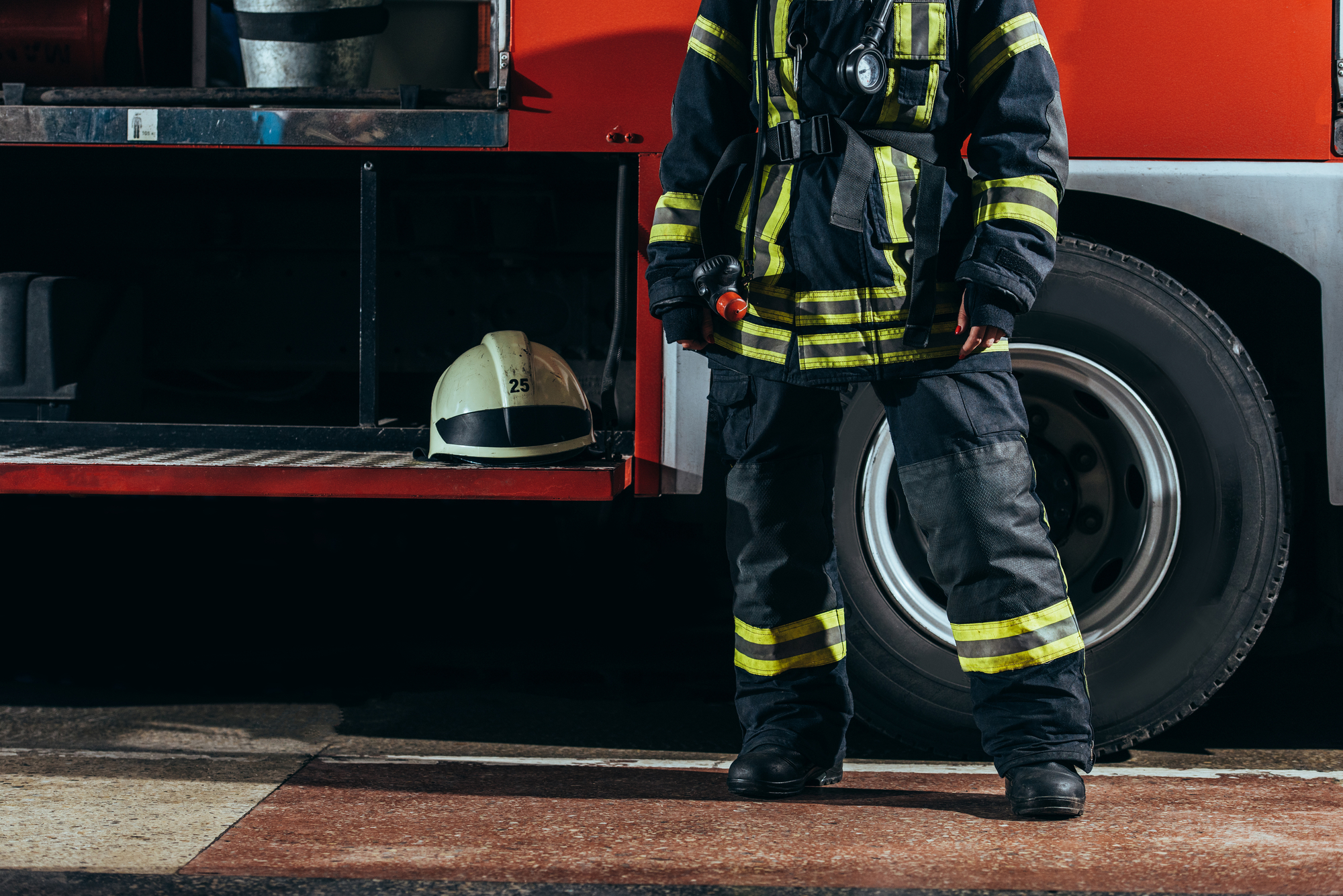Under the Energy Employees Occupational Illness Compensation Program Act (EEOICPA), causation for medical conditions is largely determined based on job function and time on the job. First Responders, Firefighters, Security Police, Radiation Techs, and other Emergency Services staff, frankly, do not get a lot of “credit” for having full unrestricted access to all locations at a work site, and therefore, don’t often get “credit” for exposures to all potential hazardous chemicals in the claim adjudication process. Intuitively, it may seem like a “no-brainer” that such workers had potential for high levels of exposure in general, and especially during incident management and/or cleanup. Unfortunately, this is not going to change in the near term.
A new initiative sponsored by the U.S. Center for Disease Control (CDC) and National Institute for Occupational Safety and Health (NIOSH) is to develop a National Firefighter Registry to gather information for the study of firefighting and cancer. The National Firefighter Registry (NFR) for Cancer is the largest effort ever undertaken to understand and reduce risk of cancer among U.S. firefighters.
NIOSH is recruiting firefighters to join the NFR so that we can better understand the link between firefighting and cancer.
Firefighters are exposed to chemicals on the fireground that could increase their risk of developing cancer. There are many unanswered questions about how cancer risk may vary across our nation’s diverse fire service. In 2018, Congress passed the Firefighter Cancer Registry Act, which directed NIOSH to develop a registry to study cancer among firefighters.
If you or a family member were a firefighter at any of the designated Atomic Energy Commission, Department of Energy work sites, I encourage you to check this link out and decide whether to participate or not. It may take time to arrive at any conclusions and legislation, but such efforts will help the next generation of Firefighters, and perhaps all First Responders

